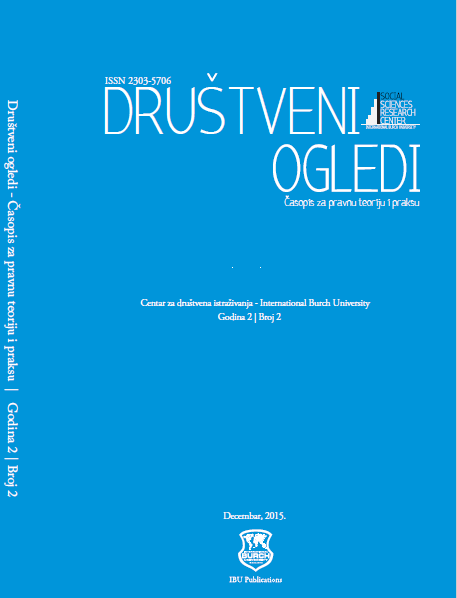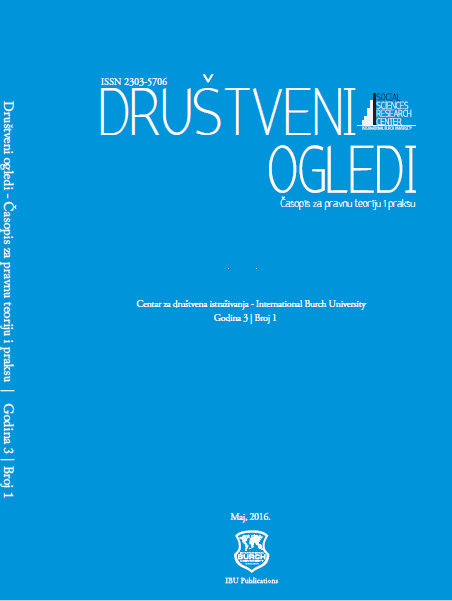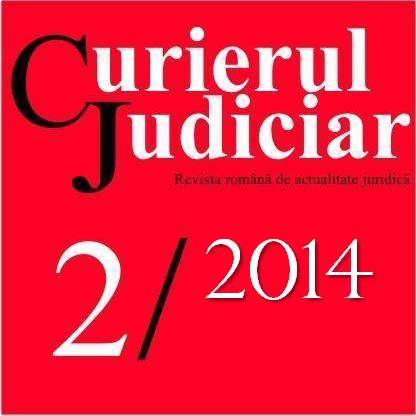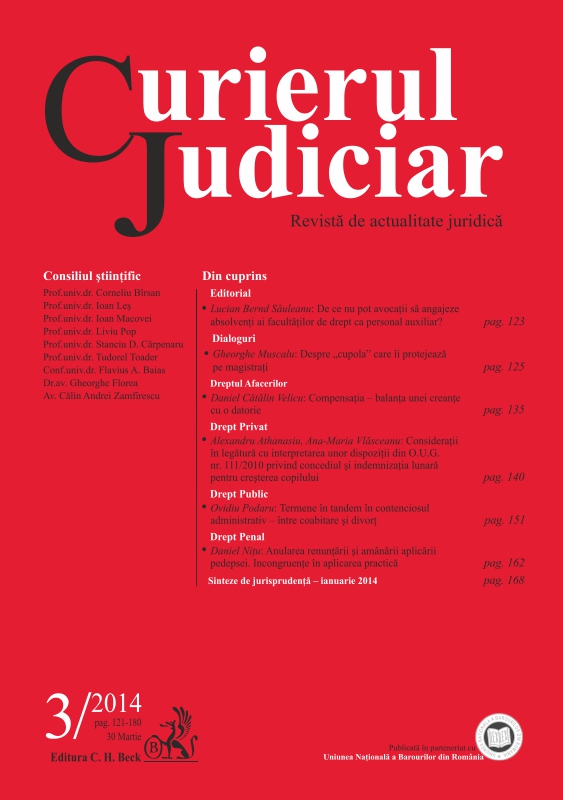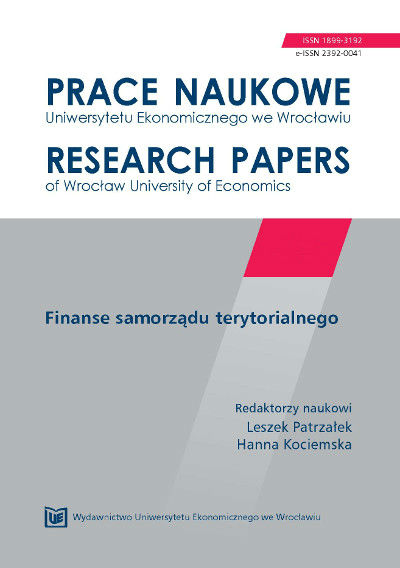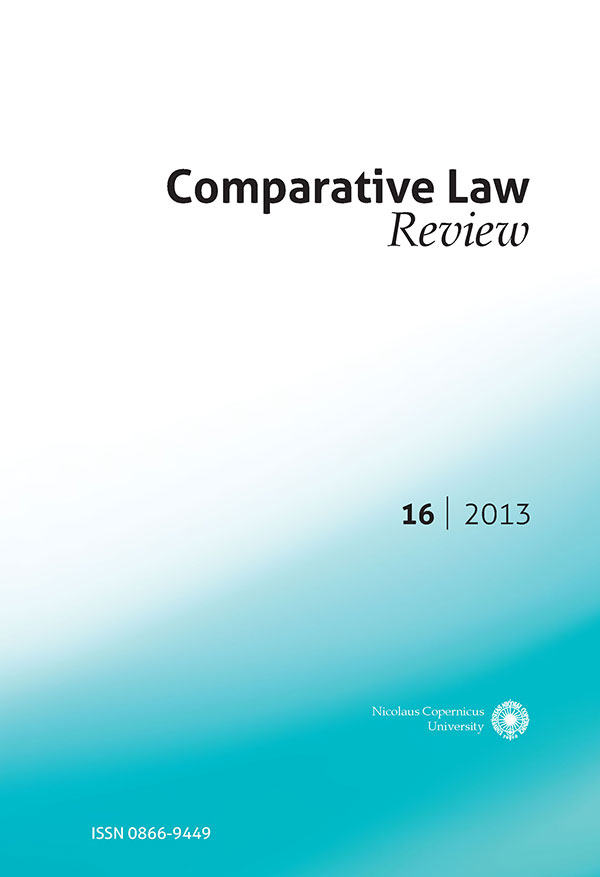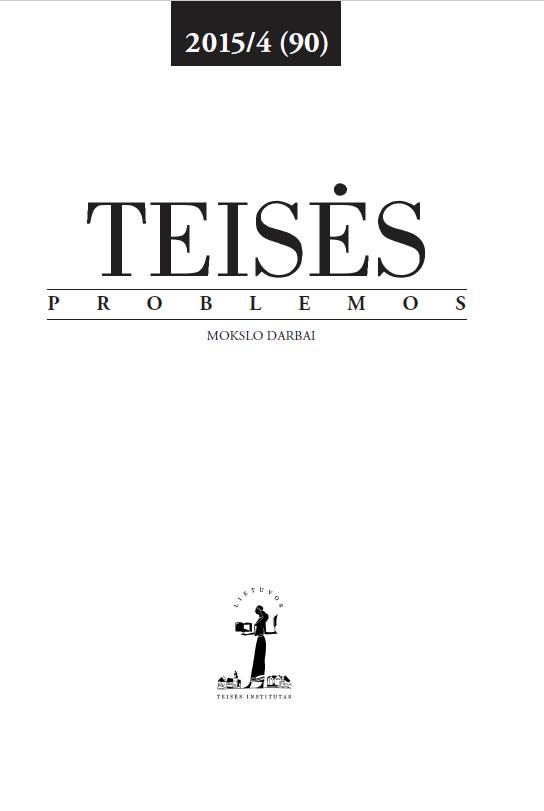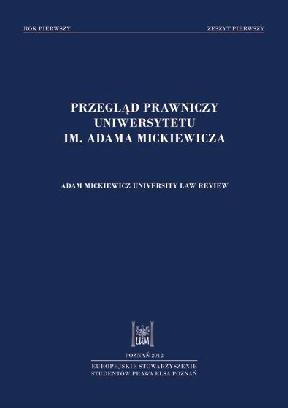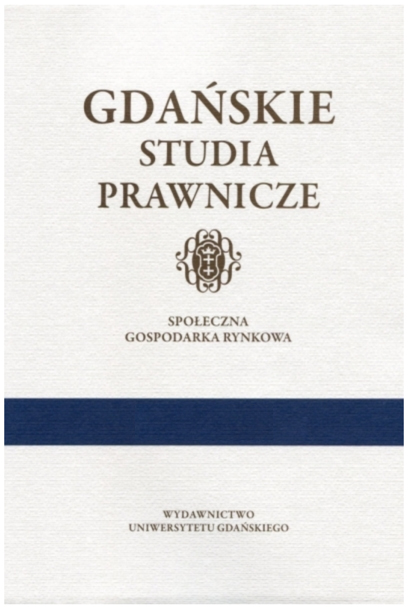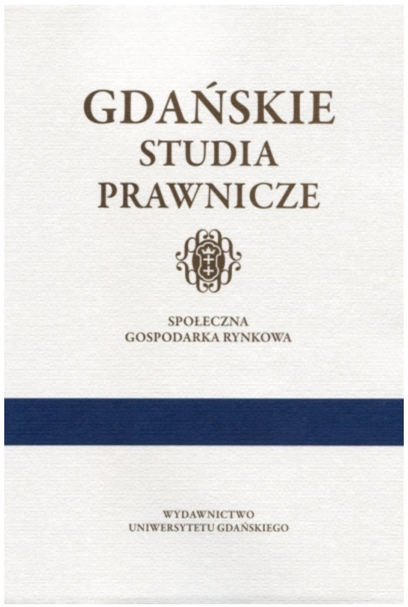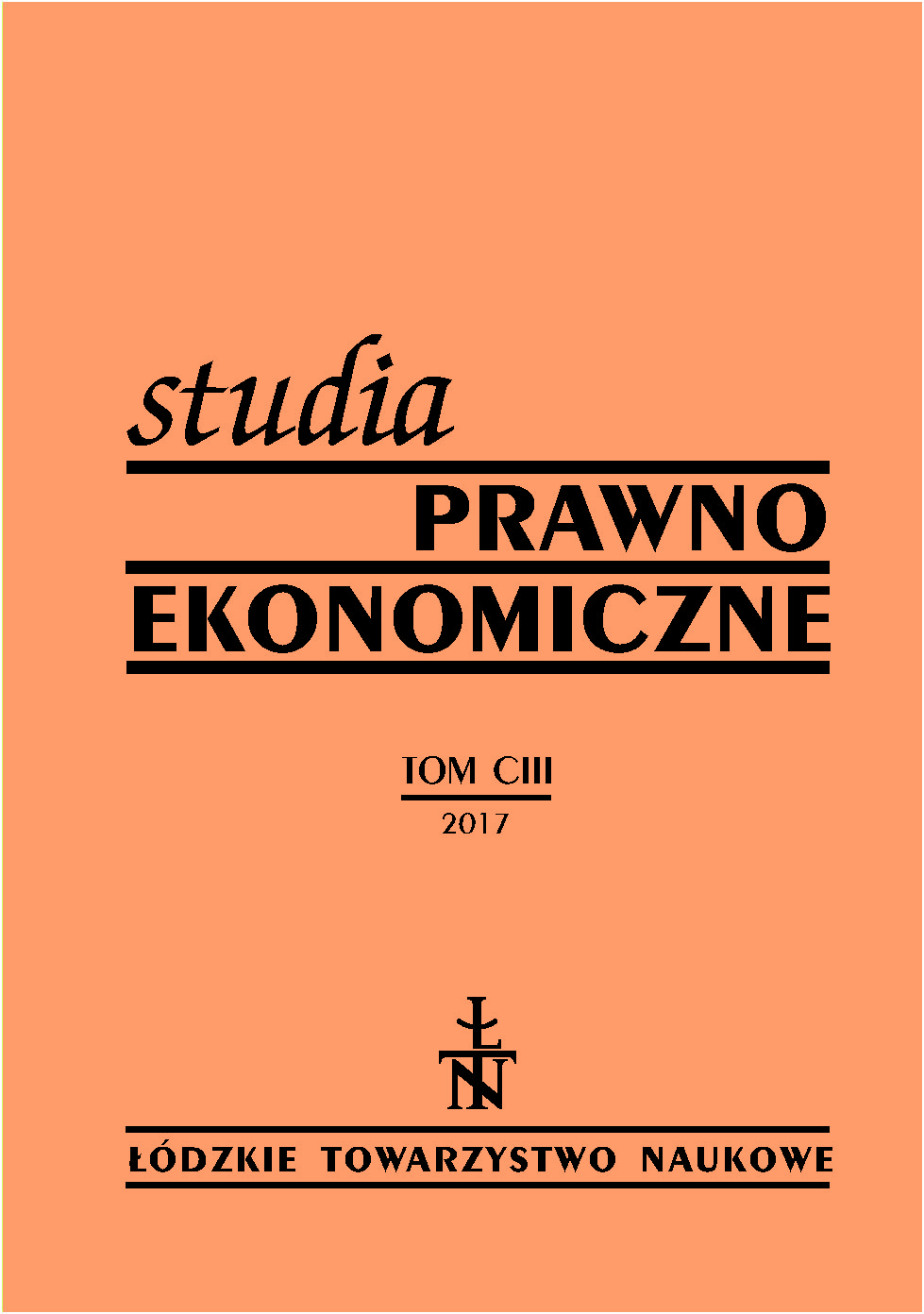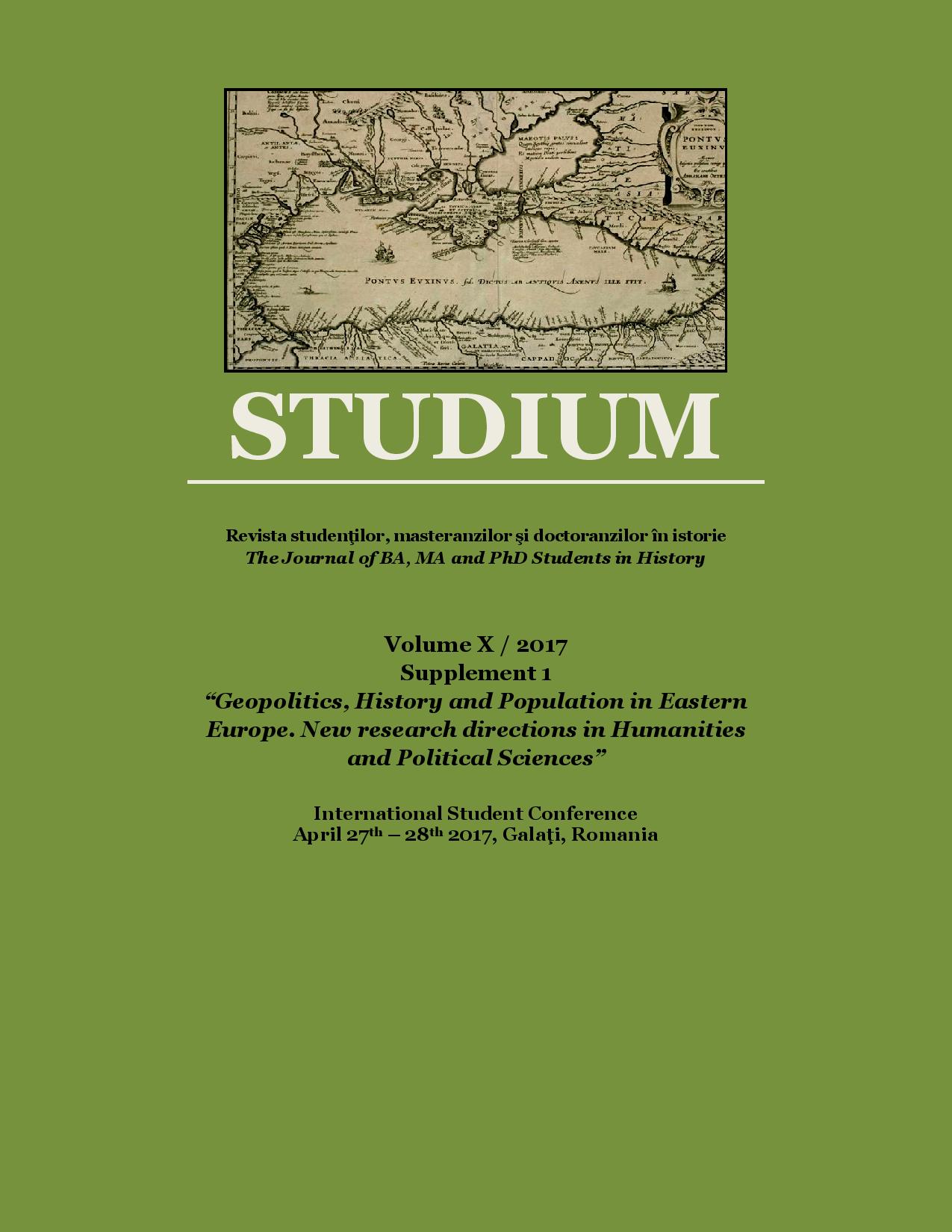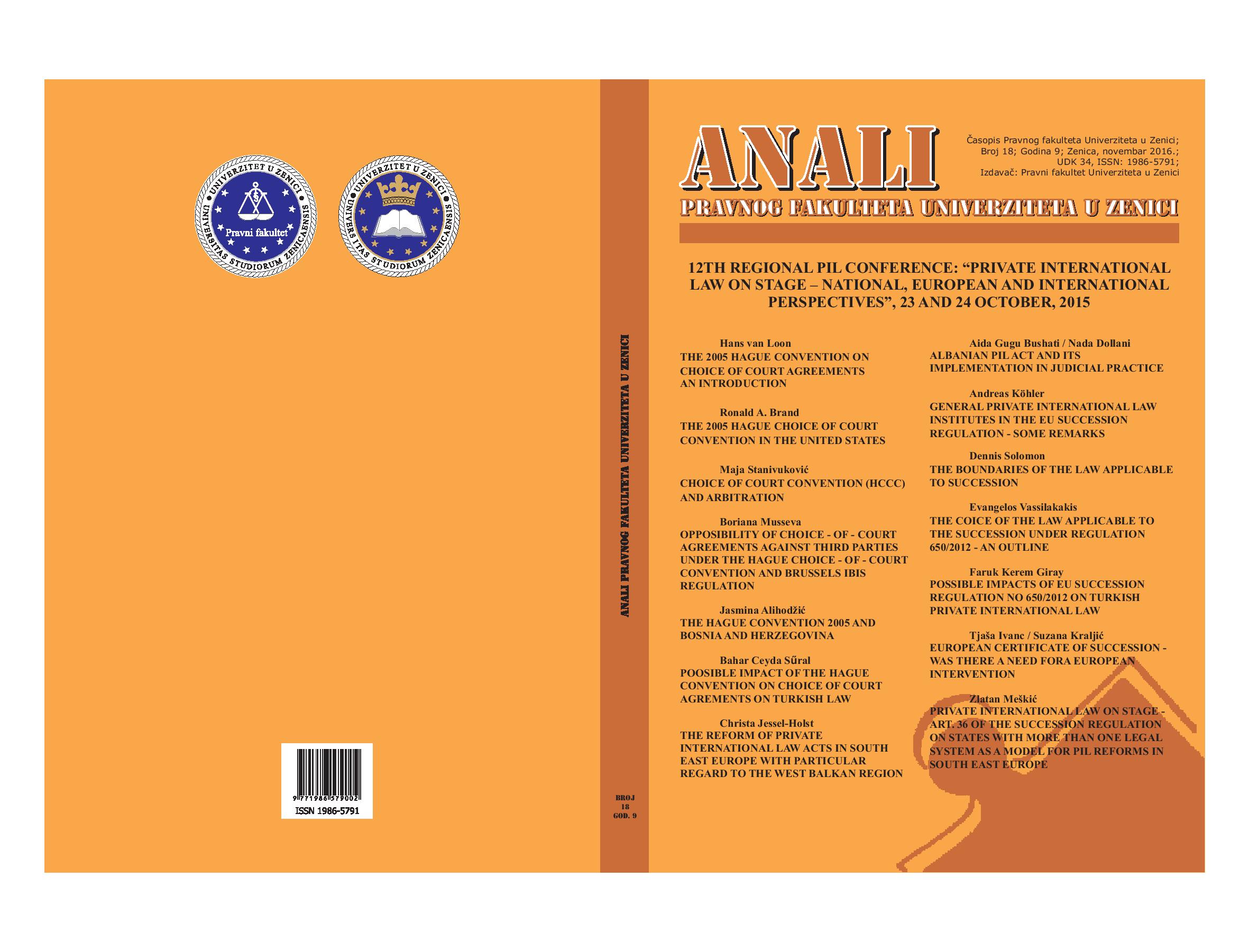Author(s): Vilenas Vadapalas / Language(s): Lithuanian
Issue: 90 (4)/2015
Written pleadings form the most important part of proceedings before the EU General Court. It is due to requirement that application and defence shall contain the pleas in law and arguments relied on and any evidence produced or offered. Already at this stage of written procedure the parties shall submit to the Court the elements of their claims and clearly fix their positions. No new plea in law may be introduced in the course of proceedings unless it is based on matters of law or of fact which come to light in the course of the procedure. Evidence produced or offered shall be submitted in the first exchange of pleadings.
The form of order sought by the applicant can be modified only in exceptional circumstances such as, for example, a situation where EU institution has changed a measure, which previously was contested by original application.
In 2015 new Rules of Procedure entered into force containing many new provisions, enabling the Court to improve the efficiency of its procedures and to respond to the problems caused by its growing case‐load. The role of application in judicial proceedings becomes even more important because in majority of cases the General Court decides that a second exchange of pleadings (reply and rejoinder) is unnecessary. New Rules of Procedure also give the power to adjudicate by judgment without a hearing.
The article is divided into three parts: first, competence of the General Court, second, general requirements applicable to applications and, third, the admissibility of applications.
Where an action for the annulment of a measure under Article 263 TFEU is brought before the Court, its jurisdiction is limited to reviewing the legality of the contested measure, except cases of penalties imposed by the Commission where the Court has unlimited jurisdiction. In addition, the Court recognizes that in some areas such as economic and financial sanctions, and cases where complex economic or technical analysis is needed, the EU institutions possess discretional power. However, that does not mean that the Court is not competent to review the interpretation made by an institution of the relevant facts. General Court judicature must not only establish whether the evidence relied on is factually accurate, reliable and consistent, but must also ascertain whether that evidence contains all the relevant information to be taken into account in order to assess the situation and whether it is capable of substantiating the conclusions drawn from it. Therefore, the role of evidence produced by applicant plays substantial role. Here, the principle ei incumbit probatio qui dicit, non qui negat is applicable: the burden of the proof lies upon him who affirms not he who denies.
Statute of the Court of Justice and Rules of Procedure provides for detailed elements of application. Individuals must be represented by the lawyers authorised to practise before a court of a Member State or of another State which is a party to the EEA Agreement. If an applicant is a lawyer himself, he or she cannot be a representative. A lawyer who is employed by a legal person cannot represent this legal person. Patent attorneys are also not allowed to represent the parties in intellectual property cases even if they are authorised to practice before the courts of some Member States in such category of cases.
Admissibility of applications are examined as admissibility ratione temporis (respect of time-limits), ratione personae (jurisdiction over persons, both applicant and respondent) and ratione materiae (compatibility of claim with applicable law).
It is settled case-law that no derogation from the application of the EU rules on procedural time-limits may be made save where the circumstances are quite exceptional, in the sense of being unforeseeable or amounting to force majeure.
Article 263 (4) TFEU establishes three situations where a natural or legal person may institute proceedings against an act (1) which is addressed to that person or (2) which is of direct and individual concern to them, and (3) against a regulatory act which is of direct concern to them and does not entail implementing measures. Third possibility is introduced by Lisbon Treaty and does not require individual concern. It is already settled case-law that a natural or legal person is directly concerned by a regulatory act that directly affects the legal situation of that person and that leaves no discretion to its addressees, its implementation being purely automatic and resulting from EU rules without the application of other intermediate rules. Typical situation is prohibition or restriction of certain acts of individuals.
A natural or legal person may institute proceedings only against an act under Article 263 (1) or failure of EU institutions or bodies to act under Article 265 TFEU. Individual may also claim damages caused by EU institutions and introduce claims against institutions under arbitral clauses. Actions of individuals directed against acts or omissions of Member States are inadmissible. Action shall be directed against final act, not against preparatory or intermediary act.
Sufficient reasoning of application is one of the most important requirements of admissibility. An abstract statement, which is not clarified by sufficiently clear and precise information to enable the parties to respond to it and the Court to exercise its authority, does not fulfil that requirement. All applications must state the subject-matter of the proceedings and include a summary of the pleas raised. That statement must be sufficiently clear and precise to enable the defendant to prepare its defense and the Court to rule on the application, if necessary, without any further information. In order for an action to be admissible, the essential matters of law and fact relied on should be stated, at least in summary form, coherently and intelligibly in the application itself. An application seeking compensation for damage allegedly caused by EU institution must state the evidence from which the conduct alleged against the institution can be identified, the reasons for which the applicant considers that there is a causal link between that conduct, the damage which it claims to have suffered, and the nature and extent of that damage.
More...
